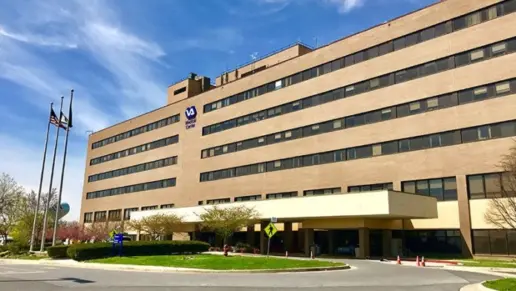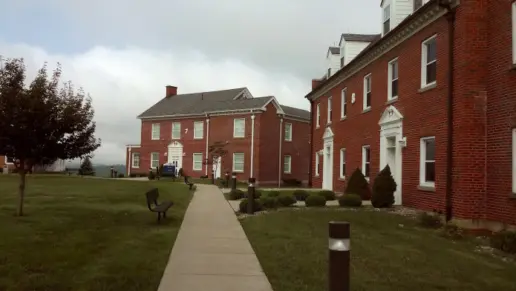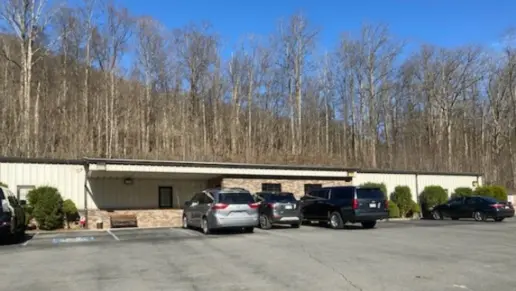Manger's taking advantage of resident when moving out and not returning full payment to individuals and not returning payment of days that was paid for rent and the resident moved out and they still owe the resident for 22 days that resident didn't live there and some reside ...
About Prestera Health Services- Pinecrest
Prestera Health Services provides substance abuse and co-occurring mental health treatment. They offer outpatient services for adults 18 and older at their Pinecrest location but can refer those needing higher-intensity care to one of their other locations. An intake assessment will help determine your level of care. You’ll find ‘em located out in metropolitan Huntington, West Virginia.
They offer individual and family therapy sessions. You’ll have a private setting with an experienced professional to discuss thoughts and feelings that may not be conducive to a sober lifestyle. Family sessions may help mend relationship issues caused by substance use and assist with setting proper boundaries. Medication-assisted treatment is available to help lessen withdrawal symptoms.
Case management is available to help guide you through the program and connect you to outside resources or agencies for ongoing recovery needs. Care managers often help with healthcare, transportation, and housing necessities.
Their DUI safety program provides intervention, treatment, and education services for those with driving violations. The six-week program includes random urine drug screens and breath tests. Guests have goals to complete before driver’s license reinstatement.
One unique aspect of Prestera Health Services is the Law Enforcement Assisted Diversion (LEAD) program. This service helps redirect persons experiencing substance abuse from jails to treatment programs. The effort is intended to reduce incarceration rates and expenses, help community-police relationships, and decrease opioid overdose issues in the second most-populated city in the state.
They also have community treatment services that include case management assistance. They work to provide life skills training and other social services for those in the community who have mental health or substance use issues.
A sliding fee scale is available to help those without insurance coverage or who need assistance paying for treatment.
Rehab Score
Gallery
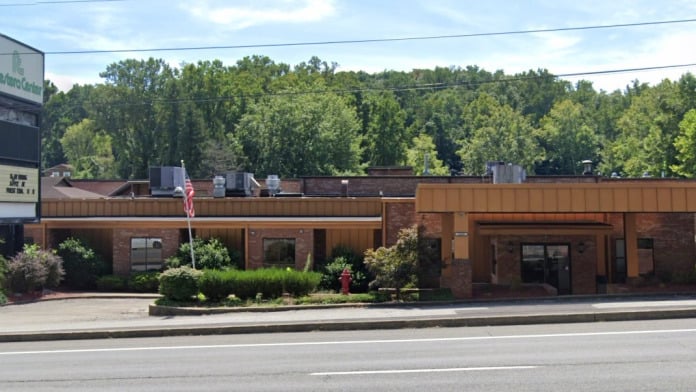
Location
Accepted Insurance
Other Forms of Payment
Medicaid is a state based program that helps lower-income individuals and families pay for healthcare. Medicaid covers addiction treatment so those enrolled can use their coverage to pay for rehab. When a program accepts Medicaid the client often pays very little or nothing out of their own pocket.
Private insurance refers to any kind of healthcare coverage that isn't from the state or federal government. This includes individual and family plans offered by an employer or purchased from the Insurance Marketplace. Every plan will have different requirements and out of pocket costs so be sure to get the full details before you start treatment.
Self-pay involves paying for treatment out of your own pocket. You can use savings or credit, get a personal loan, or receive help from family and friends to fund your treatment. If you don't have insurance or your insurance plan doesn't cover a specific program, self-pay can help ensure you still get the care you need.
Financial aid can take many forms. Centers may have grants or scholarships available to clients who meet eligibility requirements. Programs that receive SAMHSA grants may have financial aid available for those who need treatment as well. Grants and scholarships can help you pai for treatment without having to repay.
Medicare is a federal program that provides health insurance for those 65 and older. It also serves people under 65 with chronic and disabling health challenges. To use Medicare for addiction treatment you need to find a program that accepts Medicare and is in network with your plan. Out of pocket costs and preauthorization requirements vary, so always check with your provider.
Military members, veterans, and eligible dependents have access to specific insurance programs that help them get the care they need. TRICARE and VA insurance can help you access low cost or no cost addiction and mental health treatment. Programs that accept military insurance often have targeted treatment focused on the unique challenges military members, veterans, and their families face.
Addiction Treatments
Levels of Care
Treatments
The goal of treatment for alcoholism is abstinence. Those with poor social support, poor motivation, or psychiatric disorders tend to relapse within a few years of treatment. For these people, success is measured by longer periods of abstinence, reduced use of alcohol, better health, and improved social functioning. Recovery and Maintenance are usually based on 12 step programs and AA meetings.
Drug addiction causes psychological and physical damage through repeated and uncontrollable use of substances. Drug rehab in West Virginia focuses on providing a full continuum of care, from detox to aftercare, and treatment can take place in outpatient or inpatient settings, based on your needs.
Many of those suffering from addiction also suffer from mental or emotional illnesses like schizophrenia, bipolar disorder, depression, or anxiety disorders. Rehab and other substance abuse facilities treating those with a dual diagnosis or co-occurring disorder administer psychiatric treatment to address the person's mental health issue in addition to drug and alcohol rehabilitation.
A combined mental health and substance abuse rehab has the staff and resources available to handle individuals with both mental health and substance abuse issues. It can be challenging to determine where a specific symptom stems from (a mental health issue or an issue related to substance abuse), so mental health and substance abuse professionals are helpful in detangling symptoms and keeping treatment on track.
Opioid rehabs specialize in supporting those recovering from opioid addiction. They treat those suffering from addiction to illegal opioids like heroin, as well as prescription drugs like oxycodone. These centers typically combine both physical as well as mental and emotional support to help stop addiction. Physical support often includes medical detox and subsequent medical support (including medication), and mental support includes in-depth therapy to address the underlying causes of addiction.
Programs




Clinical Services
Through cognitive behavioral therapy in West Virginia, therapists encourage clients to identify negative thoughts, gain control over them, and develop ways to change their behaviors. This can be an effective way to break the cycle of addiction and overcome substance use disorder.
Group therapy is any therapeutic work that happens in a group (not one-on-one). There are a number of different group therapy modalities, including support groups, experiential therapy, psycho-education, and more. Group therapy involves treatment as well as processing interaction between group members.
In individual therapy, a patient meets one-on-one with a trained psychologist or counselor. Therapy is a pivotal part of effective substance abuse treatment, as it often covers root causes of addiction, including challenges faced by the patient in their social, family, and work/school life.
Motivational interviewing in West Virginia is often used when the client's desire to change is low, their confidence is low, or they are struggling with mixed feelings about change. This technique allows them to explore the change process and feel empowered to move forward.
Trauma therapy addresses traumatic incidents from a client's past that are likely affecting their present-day experience. Trauma is often one of the primary triggers and potential causes of addiction, and can stem from child sexual abuse, domestic violence, having a parent with a mental illness, losing one or both parents at a young age, teenage or adult sexual assault, or any number of other factors. The purpose of trauma therapy is to allow a patient to process trauma and move through and past it, with the help of trained and compassionate mental health professionals.
Research clearly demonstrates that recovery is far more successful and sustainable when loved ones like family members participate in rehab and substance abuse treatment. Genetic factors may be at play when it comes to drug and alcohol addiction, as well as mental health issues. Family dynamics often play a critical role in addiction triggers, and if properly educated, family members can be a strong source of support when it comes to rehabilitation. Families may or may not be involved in treatment services, depending on the preferences of the person served.
Addiction can dismantle your life skills, making it difficult to manage daily tasks and challenges. Life skills training reteaches these skills and gives you the capabilities to navigate day to day life. Your training during rehab may include topics such as self care, communication, finances, and decision making.
The goal of nutrition therapy is to teach you how to properly care for your body so you can recover from addiction both physically and mentally. You'll learn the nutrients your body needs to recover and the foods you should eat to avoid cravings and reduce the risk of relapse.
Using recreational therapy, you engage in activities that support your mental and physical health. These activities may include yoga, team sports, and creative arts that help improve your mood and build a supportive community of your peers that promotes long term sobriety.
Amenities
-
Private Setting
Staff & Accreditations
Staff
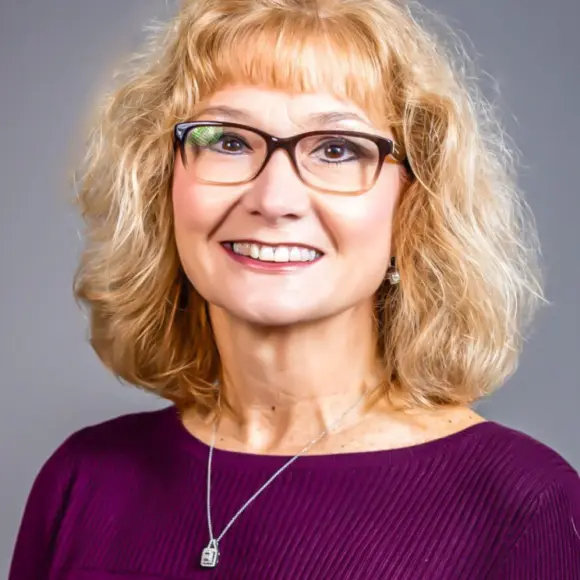
CEO
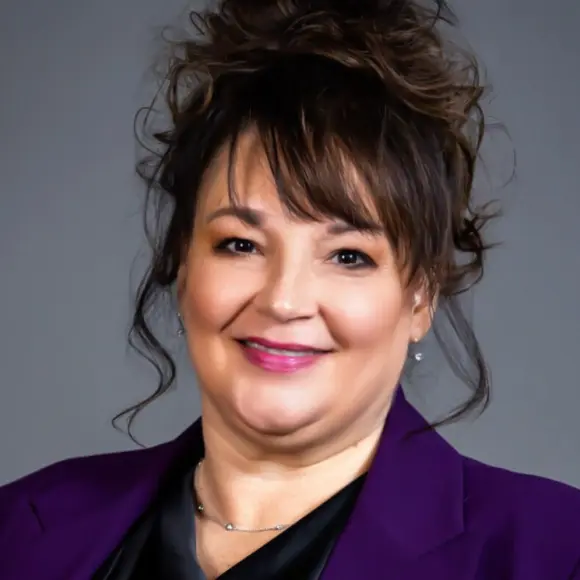
CFOr
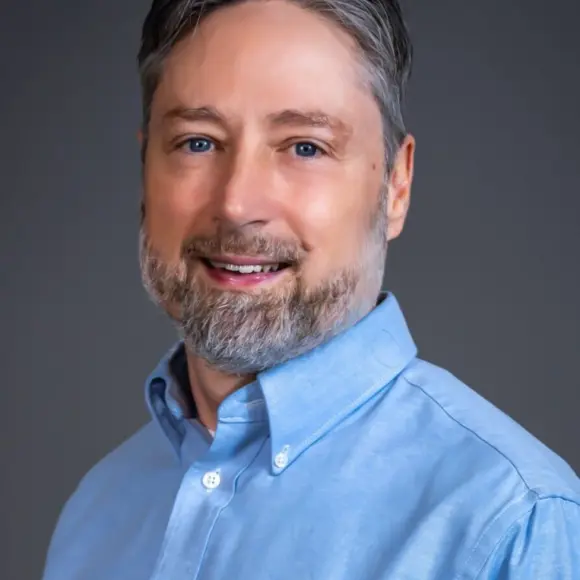
CCO
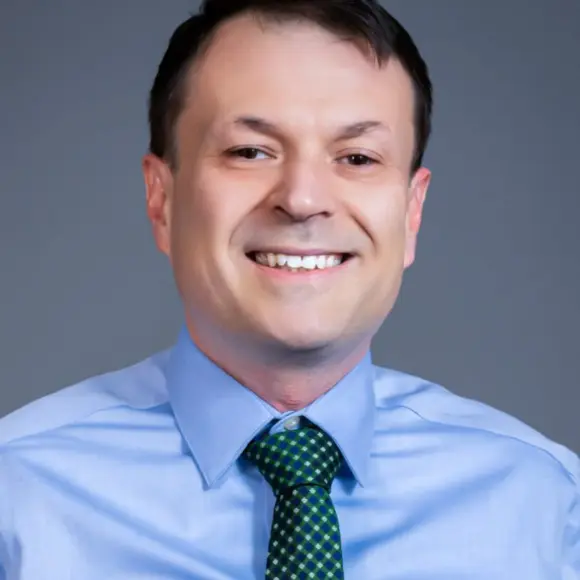
COO
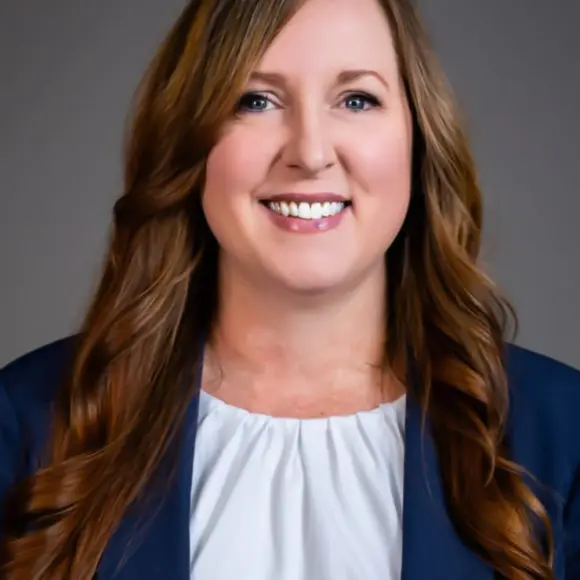
VP of Clinical Services
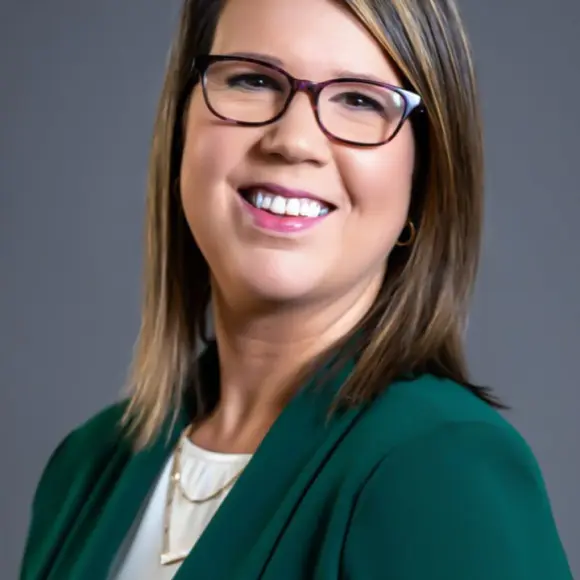
Director of Outpatient Services
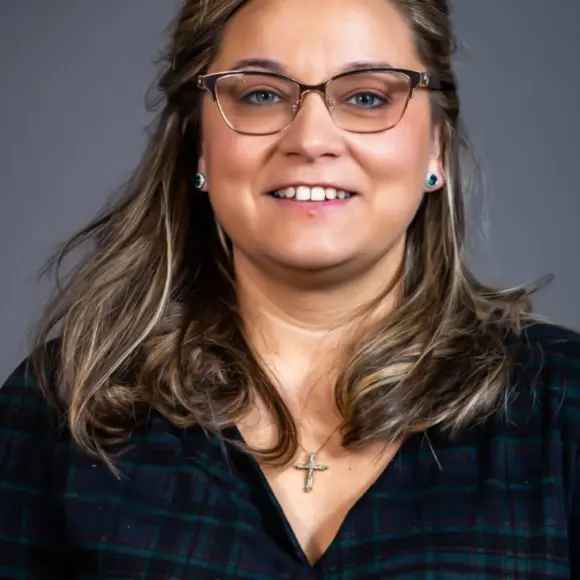
Director of Children’s Programs
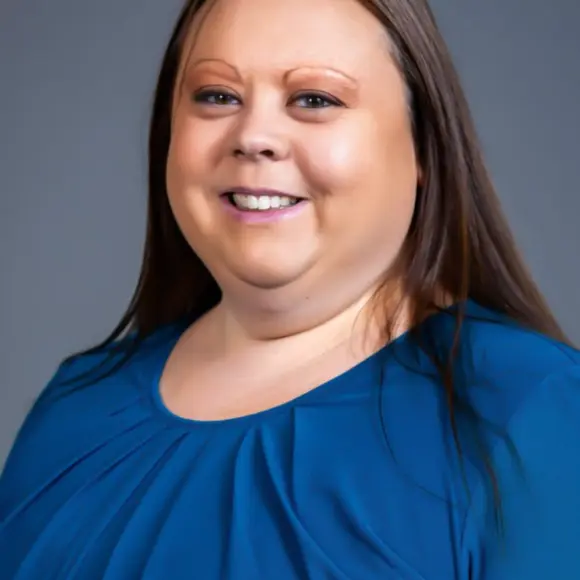
Director of Substance Use Disorder
Accreditations

The Commission on Accreditation of Rehabilitation Facilities (CARF) is a non-profit organization that specifically accredits rehab organizations. Founded in 1966, CARF's, mission is to help service providers like rehab facilities maintain high standards of care.
CARF Accreditation: Yes

State Licenses are permits issued by government agencies that allow rehab organizations to conduct business legally within a certain geographical area. Typically, the kind of program a rehab facility offers, along with its physical location, determines which licenses are required to operate legally.
State License: West Virginia
License Number: 13
Contact Information
5600 U.S. Route 60 East
Huntington, WV 25705





